Using Psychology to deal with Crisis: How to Manage Worry and Anxiety During COVID-19
We are dealing with a very challenging time as COVID-19 has come to dictate the way many of us live our lives. Social restrictions are impacting the way we make decisions as well as limiting our ability to make choices with autonomy.
Many of us are dealing with problems we’ve never had to face before – finding ways to work from home, figuring out childcare and home-schooling, or finding ways to pay bills while being unable to work. These are very real challenges that can naturally make us feel a great sense of worry and unease.
In times like these, we see a range of emotional and psychological responses.
Some individuals may take things too lightly which can lead to a neglect of precautions for themselves and family, putting them and others at risk of contracting or spreading the virus. The more common reaction however, seems to be worry, panic, and fear. It is important to know that these are normal and adaptive responses to stress.
Fear is a survival mechanism and without it, we would have never made it as a species. If we encounter a dangerous situation, it’s fear that makes us leap into action. Without fear, we would not survive long.
Worrying is also adaptive and in many ways, beneficial.
Short-term worry can be productive if it helps you plan and solve problems. Worrying is the brain’s way of thinking about future problems in order to find potential solutions should those problems arise. However, when worry becomes uncontrollable, it can turn into rumination.
Rumination is a persistent and repetitive worry in which we revisit the same information repeatedly without finding an answer. Rumination goes beyond trying to solve a problem or deal with a stressor. It creates internal turmoil that may lead to anxiety.
Individuals with anxiety have a tendency to get stuck continually thinking about the worst possible outcomes.
This sends their fight-or-flight system into overdrive creating a cascade of physiological responses that cause further anxiety. People with anxiety understand that the worst-case scenarios they envision rarely comes to be, but that is not enough to stop them from worrying. Their mind gets stuck in an endless loop of creating situations to prepare for. The assumption is that “if I play out all possible events in my head, then when they occur I will be ready.” Not only is this emotionally exhausting, it eventually takes a toll on our mental health.
Read Why You Feel Like Your Life Is Falling Apart In Month 6 of Covid-19
The truth is that we just can’t foresee everything that will happen to us, so it’s impossible to plan for every potential outcome.
Another issue that causes a great deal of worry and anxiety is an intolerance for uncertainty.
Humans like predictability and we function best with structure. When we feel things are under our control, we feel a sense of safety and assuredness.
When things seem uncertain, we start to feel out of control and wonder whether we will be able to cope with future demands or threats.
With the COVID-19 pandemic, there is a great deal of uncontrollability, unpredictability, and uncertainty. All sense of structure has been disrupted. We don’t know what will happen, when, or how. When we cannot find answers, our anxiety increases and we become emotionally and psychologically compromised.
Knowing that worry is the mechanism our brain uses to create and deal with stress can gives us the upper hand.
If anxiety is caused by uncertainty and lack of structure, then we can ease are distress by implementing those very factors. What follows is a list of items you can implement in order to help you and your family manage anxiety and worry during the COVID-19 pandemic. The first thing you want to do is to create your own structure. This can be done in many ways but here are a few ideas. Implement a daily exercise routine. The goal here is not necessarily to attain a particular health goal. The purpose is to give you something to put on a schedule and do every day. The health benefits are an added bonus. Research does also show that regular moderate exercise boosts immune system functions and reduces the risk of infection compared with a sedentary lifestyle.
It’s common for people to soothe their emotions and stress with food. At a time like this it’s easy to sit around, watch the tube, and snack on everything in sight.
One of the ways to combat this is to try and maintain a routine for food intake just as you would at work or school. If you are a person or family that ordinarily meal preps, continue to do so your meals are planned in advance. If this isn’t a part of your weekly ritual, what a great time to start. This is a great habit to continue beyond these stressful times. Another strategy is to make sure you are keeping healthier foods and snacks at home instead of high sugar and empty calorie foods.
Research shows that maintaining a healthy weight can also benefit the immune system. Keeping your immune system strong is one of the most important and impactful things you can do right now, as the coronavirus pandemic continues.
Another factor that we have full control over is our sleep, or at least our sleep schedule. Try to maintain a consistent sleep schedule by going to bed at the same time every evening and waking up at the same time every morning. Naps are okay if they are no longer than 20-30 minutes and are taken earlier in the day.
Researchers have demonstrated the importance of good-quality sleep and shown that a solid night’s rest can contribute to many aspects of physical and mental well-being. Particularly, research shows how adequate sleep contributes to the proper functioning of the immune system.
Another way to combat worry and anxiety is to limit media consumption. Media exposure during the 24/7 news cycle can increase perceptions of threat and activate the fight-or-flight response.
During times of uncertainty and crisis, people rely on the media for risk assessments and recommendations on how to protect themselves and their loved ones. Anxiety increases in the face of an uncertain or uncontrollable threat, such as the coronavirus. Perceptions of risk and anxiety rise further when information is unknown or ineffectively communicated. Unfortunately, we have seen a lot of this from the outset of the COVID-19 pandemic.
Your best strategy is to set limits and parameters around the time you allow yourself and family members to consume news and media. It is absolutely possible to stay well informed without digesting every minute of news coverage. It is especially helpful to make sure you are getting your information from credible sources. Arming yourself with the right knowledge can help reduce worry and anxiety.
In addition to creating a sense of structure for yourself, there are a few other tools that can help you in these trying times. The first is to practice gratitude. It is easy to get into a negative state of mind when there is so much negativity in the air. But if you pay attention and look in the right places, there is also a great deal of hope and positivity to be found. There is always a silver lining. Even when we are experiencing difficult times, there are things we can find to appreciate and value in our lives.
Read 12 Key Lessons To Learn from the COVID-19 Pandemic
A gratitude practice may not sound like much, but we know from research that a daily gratitude practice helps us reduce stress, and increases happiness and positive emotions. No need to complicate the gratitude process. Just take note of all the things that make you smile throughout the day, no matter how small.
Finally, from a psychological point of view, we have to accept the fact that we cannot control the world around us. If you really think about it, how much do we really have control over anyway? Find a level of comfort in the unknown. Reflect back on the times in your life when you were suddenly faced with adversity, a situation you did not mentally prepare for. Chances are that you were able to handle and overcome the situation. When we look at it this way, we realize that the only thing we have control of is how we respond to situations, not the actual situation itself.
Focus on what you can control. Practice allowing yourself to experience the discomfort of uncertainty. We can choose to create inner distress or we can choose to create inner harmony. Above all else, be kind to yourself, don’t judge your struggles, and trust that you will get through this.
Written by Dr. Carlos Garcia
Coronavirus is not just affecting people physically, it’s causing a lot of anxiety too. Coronavirus Anxiety is a legitimate thing now. Read Coronavirus Anxiety: 5 Things You Can Do To Beat It
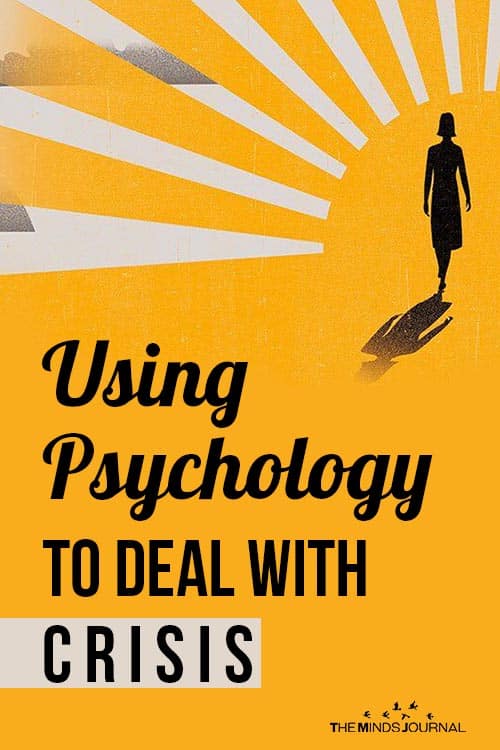

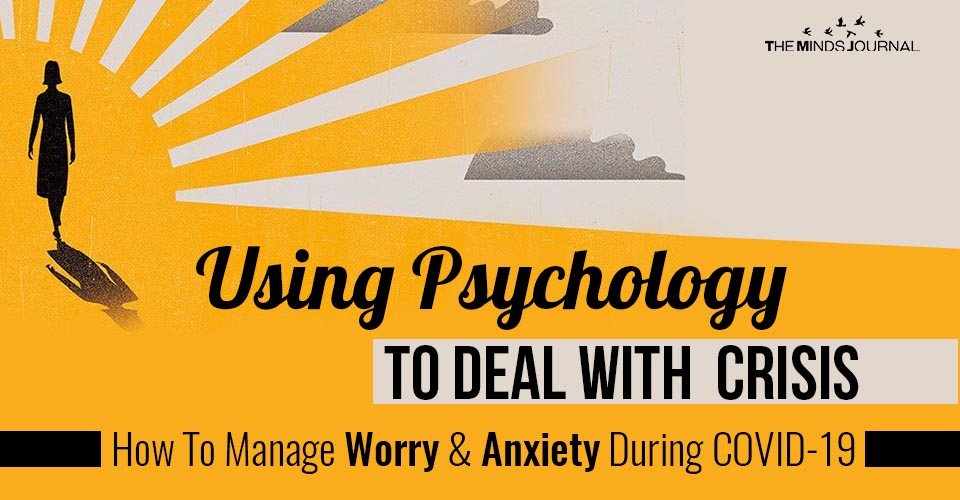

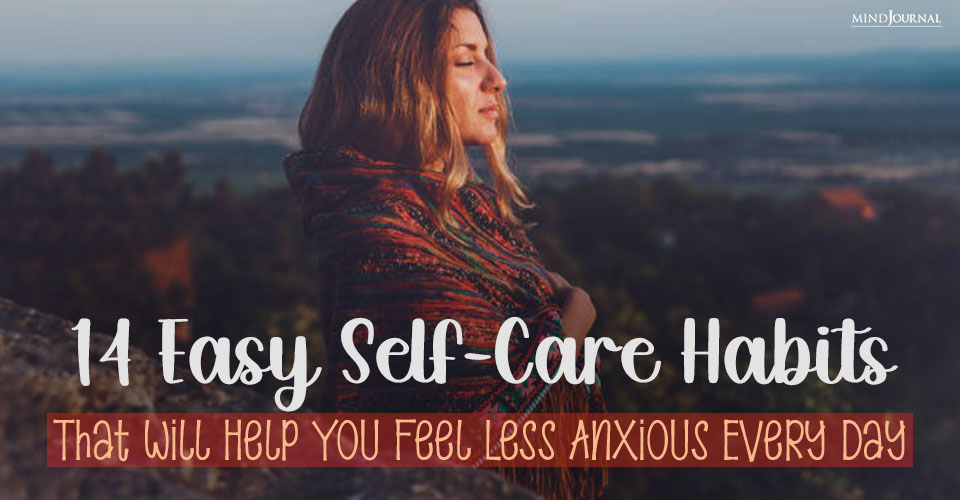
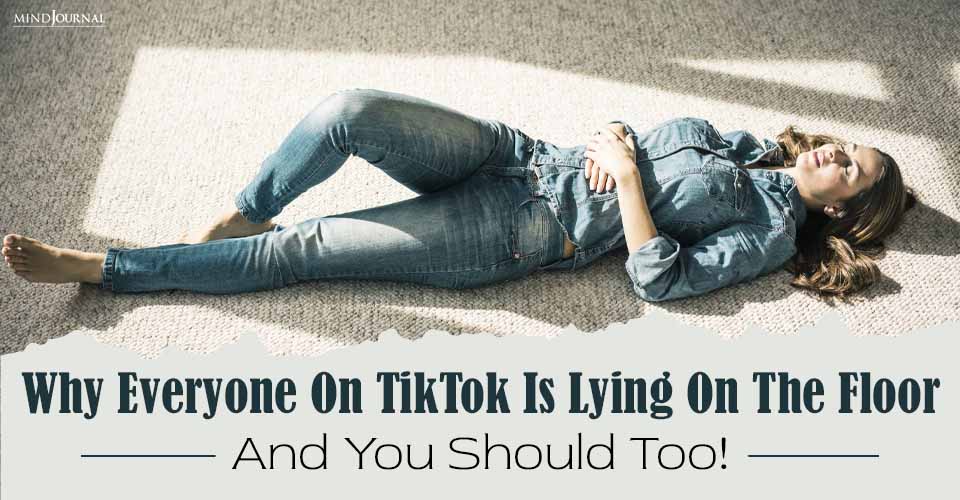
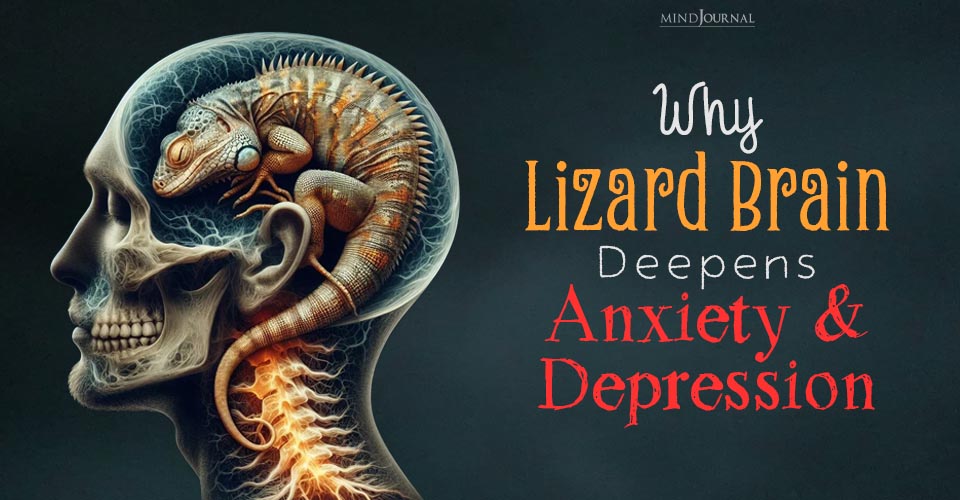



Leave a Reply